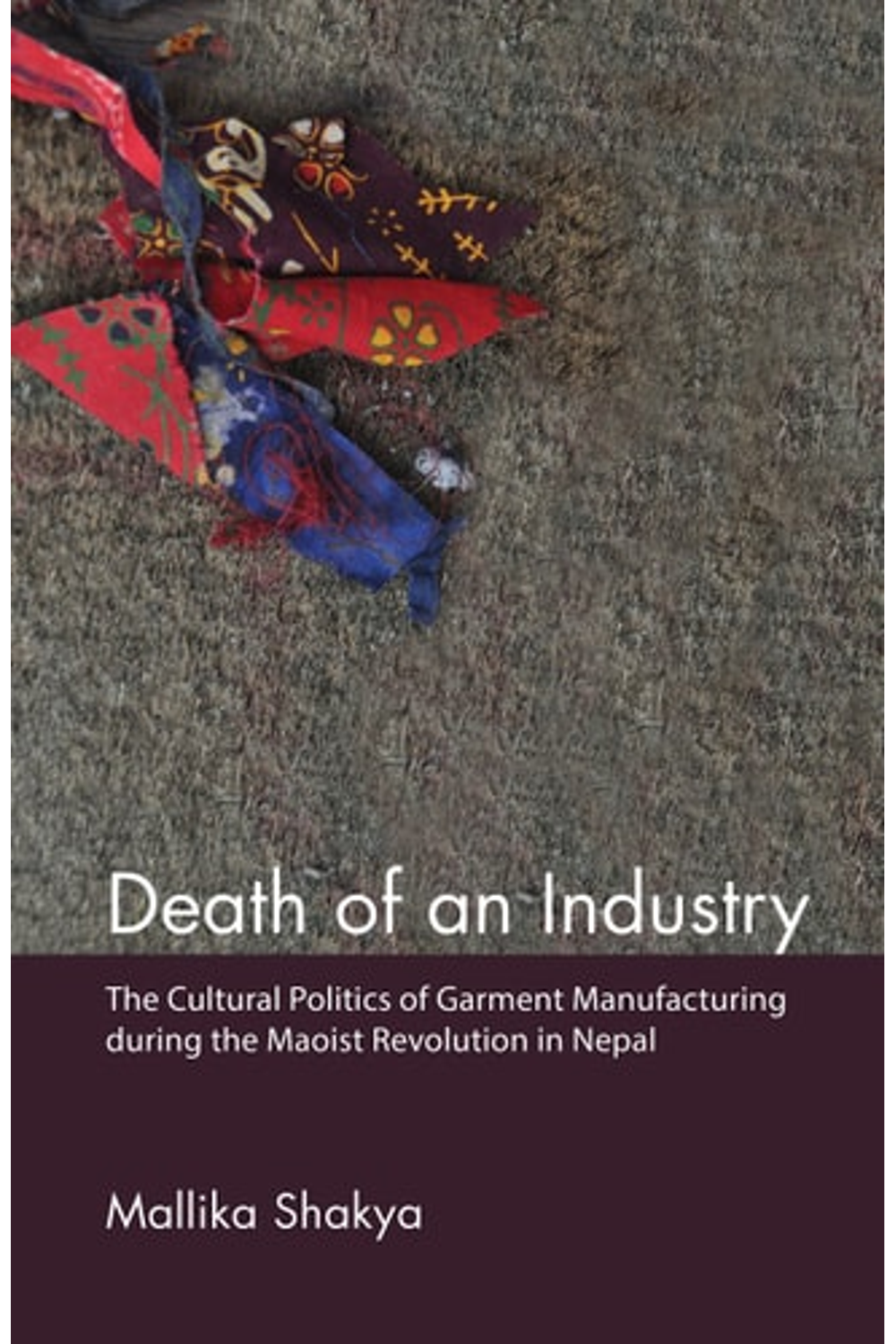Explore the untold story of Nepal’s garment industry collapse and its surprising link to the Maoist revolution in Mallika Shakya’s “Death of an Industry.” This groundbreaking book reveals how the death of garment manufacturing, once a booming sector, fueled urban unrest and became a key catalyst in Nepal’s political upheaval. Shakya challenges conventional narratives, arguing that the Maoist movement wasn’t solely a rural insurgency, but deeply connected to the struggles of urban garment workers facing job losses and economic hardship. Discover the human cost of globalization as Shakya delves into the lives of those left behind, exploring their resilience, migration patterns, and the fight for a better future. Published by Cambridge University Press, this compelling read sheds light on the complex interplay of economics, politics, and social change in a developing nation. A must-read for anyone interested in Asian studies, labor movements, or the impact of global capitalism.
Death of an Industry: The Cultural Politics of Garment Manufacturing during the Maoist Revolution in Nepal
32,20 $
In stock
This book addresses the instabilities that growing industries face in developing countries, especially Nepal. Also, what happens when industries die out? It questions the rickety ride to industrialization and development – if at all it is avoidable? The author delves deep into its impact on human lives – what happens to those hundreds of thousands of people whose livelihoods are dependent on these industries? How do they inculcate new skillsets to suit changing requirements? What future awaits those who leave the country in search of a better tomorrow? The author challenges the existing perspective that the Maoist movement was essentially a rural, guerrilla warfare. She explains how the Maoist-led labour uprising in Nepal following the death of the garment industry was embedded in a broader political upheaval that was essentially urban in nature and was more about national politics than everyday politics in the margins.
| Authors | |
|---|---|
| Binding | |
| Condition | |
| ISBN-10 | 1107191262 |
| ISBN-13 | 9781107191266 |
| Language | |
| Pages | 176 |
| Publisher | |
| Year published | |
| Weight | 380 |
Related products
- Additional information
- Currencies
- USD – United States dollar
- EUR – Euro
- GBP – Pound sterling
- CNY – Chinese yuan
- BRL – Brazilian real
- MXN – Mexican peso
- JPY – Japanese yen
- PHP – Philippine peso
- THB – Thai baht
- PLN – Polish złoty
- CAD – Canadian dollar
- MYR – Malaysian ringgit
- AUD – Australian dollar
- TWD – New Taiwan dollar
- CZK – Czech koruna
- SEK – Swedish krona
- HUF – Hungarian forint
- ILS – Israeli new shekel
- CHF – Swiss franc
- HKD – Hong Kong dollar
- DKK – Danish krone
- SGD – Singapore dollar
- NOK – Norwegian krone
- NZD – New Zealand dollar





